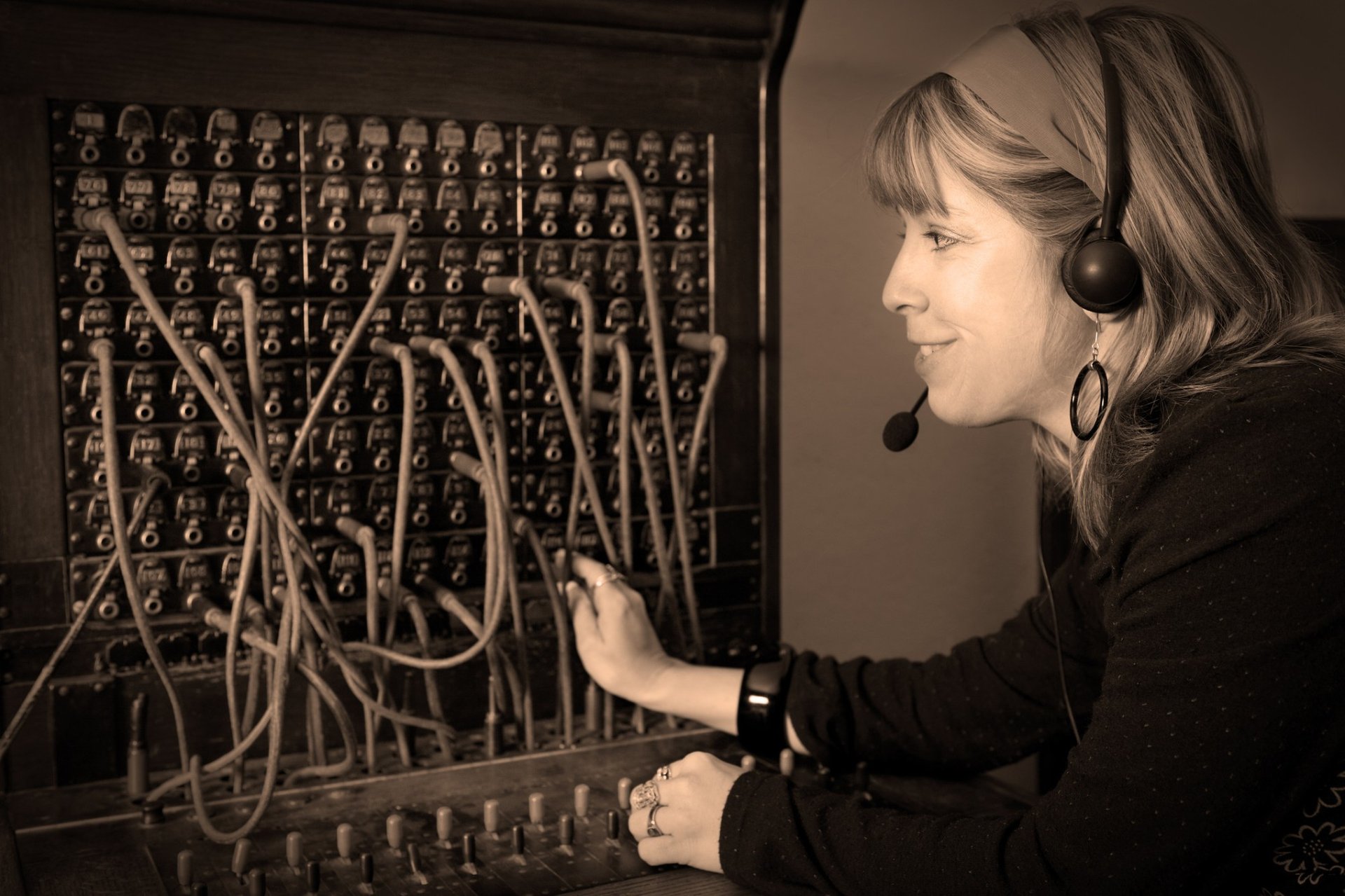
Professions in Decline: Which Ones Are Disappearing and How to Prepare for the Future
3 min read
Professions in Decline:
Which Ones Are Disappearing and How to Prepare for the Future
Technological evolution, changes in consumer habits, and process automation are transforming the job market at an unprecedented speed.
Many roles that were common until recently are becoming obsolete or being replaced by machines, algorithms, or digital solutions.
In this article, you'll learn which professions are being phased out, why this is happening, what can be done to adapt, and how to invest in sectors that represent the future of work.
🧨 Why Are Some Professions Disappearing?
Several factors are driving the extinction of certain occupations:
Automation and Artificial Intelligence
Digitalization of services
Changes in consumer behavior
Globalization and decentralization of work
Economic and health crises (like COVID-19)
According to the World Economic Forum, by 2025, around 85 million jobs could be automated, especially in sectors that involve repetitive and operational tasks.
❌ Professions in Decline or at High Risk of Obsolescence
Telemarketing Operators
With advancements in chatbots, smart IVRs, and virtual assistants, traditional human customer service is being rapidly replaced.
Curiosity: Google has already launched Duplex, a robot that makes realistic phone calls to schedule services.
Impact in Brazil: Over 1 million people work in call centers. The trend is a strong reduction.
Supermarket Cashiers
Automated checkouts, such as self-checkouts, and the popularization of digital payments are reducing the need for human cashiers.
Countries like Japan and the US already have fully automated supermarkets (e.g., Amazon Go).
Typists and Clerks
Roles involving typing, organizing physical documents, or handling manual bureaucratic processes are disappearing due to digital transformation and the use of ERPs and CRMs.
Traditional Travel Agents
With the internet, consumers now plan their trips independently using platforms like Booking, Skyscanner, Airbnb, and Google Flights.
Exception: Travel agents specializing in luxury or corporate travel still maintain a market.
Toll and Ticketing Employees
Technologies like automatic tags (Sem Parar, ConectCar) and digital ticketing eliminate the need for physical personnel.
Bank Clerks and Tellers
With the rise of digital banks, financial apps, and open finance, the physical presence of banks is shrinking.
Example: Nubank, C6 Bank, and Inter have millions of clients and no physical branches.
Proofreaders and Proofreaders
Software like Grammarly and even ChatGPT perform reviews quickly and efficiently. Human proofreading will be reserved for complex or literary content.
Workers in Repetitive Industry Jobs
In industry, industrial robots replace humans in tasks such as welding, assembly, and inspection.
Example: Tesla has highly automated factories, with robots doing most of the work.
Newspaper and Magazine Delivery People
The digitalization of information and the decline of print media have drastically reduced jobs in this sector.
Curiosity: The New York Times has earned more from digital subscriptions than print since 2020.
Typewriter, Fax Machine Operators, and Video Rental Employees
These professions are practically non-existent today, extinct due to technological advances and new consumption methods.
🔍 How to Tell if Your Profession is at Risk
If you work in a field with these characteristics, it's worth staying alert:
Repetitive and predictable
Highly manual and operational
Can be digitized or automated
Relies solely on basic technical knowledge
Does not require complex decision-making
🧠 Tip: Use the "3A" Rule to Evaluate Your Career
Automatable: Can your task be done by AI?
Analyzable: Can it be reduced to numbers or simple flows?
Accessible: Is there much more supply of labor than demand?
If the answer is "yes" to all, your profession is at risk.
📈 Where Are the Transition Opportunities?
Instead of fearing change, view the transition as an opportunity for reinvention. Professionals in declining fields can adapt to:
Customer service on digital platforms
Data analysis (with technical training)
UX writing and editing in AI
Remote consulting
Online sales and e-commerce
💰 How to Invest in Growing Sectors
Information Technology
Recommended ETFs: QQQ, XLK
Companies: Microsoft, NVIDIA, Apple, Palantir
Online Education
EdTech startups: Coursera, Hotmart, Alura
Possible Investment: buying stocks, digital franchises
Digital Health
Examples: telemedicine, wearables, big data in health
ETFs: EDOC, GNOM
Automation and Robotics
ETFs: BOTZ, ROBO
Companies: ABB, Boston Dynamics
⚠️ Risks and Challenges of Obsolete Professions
Structural Unemployment: People who are laid off struggle to find new jobs due to a lack of new skills.
Social Inequality: Regions with less access to education and technology suffer more.
Salary Devaluation: Declining professions tend to have lower wages.
Emotional Obsolescence: Many professionals experience a loss of identity when leaving careers they've had for decades.
🧭 What to Do if Your Profession is Disappearing?
Invest in Reskilling
Take online courses (free or paid) in areas like technology, data analysis, UX, and digital marketing.
Create a New Professional Identity
Use LinkedIn to showcase your new skills and personal projects.
Monetize What You Already Know
Create content (YouTube, blogs, podcasts) or courses about your old field, focused on those entering it now.
Look for Hybrid Professions
Combine your knowledge with digital skills. Example: accountant + Power BI, salesperson + CRM, teacher + edtech.
📚 Curiosities
In 2000, there were more than 6,000 video rental stores in Brazil. Today, fewer than 50 remain.
The profession of "human alarm clock" existed in the 19th century: a person would knock on workers' windows to wake them up.
It is estimated that 30% of current professions will not exist by 2040.
✅ Conclusion
Professions in decline are a natural reflection of evolution.
They don't mean the end of the line but rather the beginning of a new phase.
With the right information, adequate preparation, and a positive attitude, it’s possible to turn this scenario into an opportunity for personal, professional, and even financial growth.



